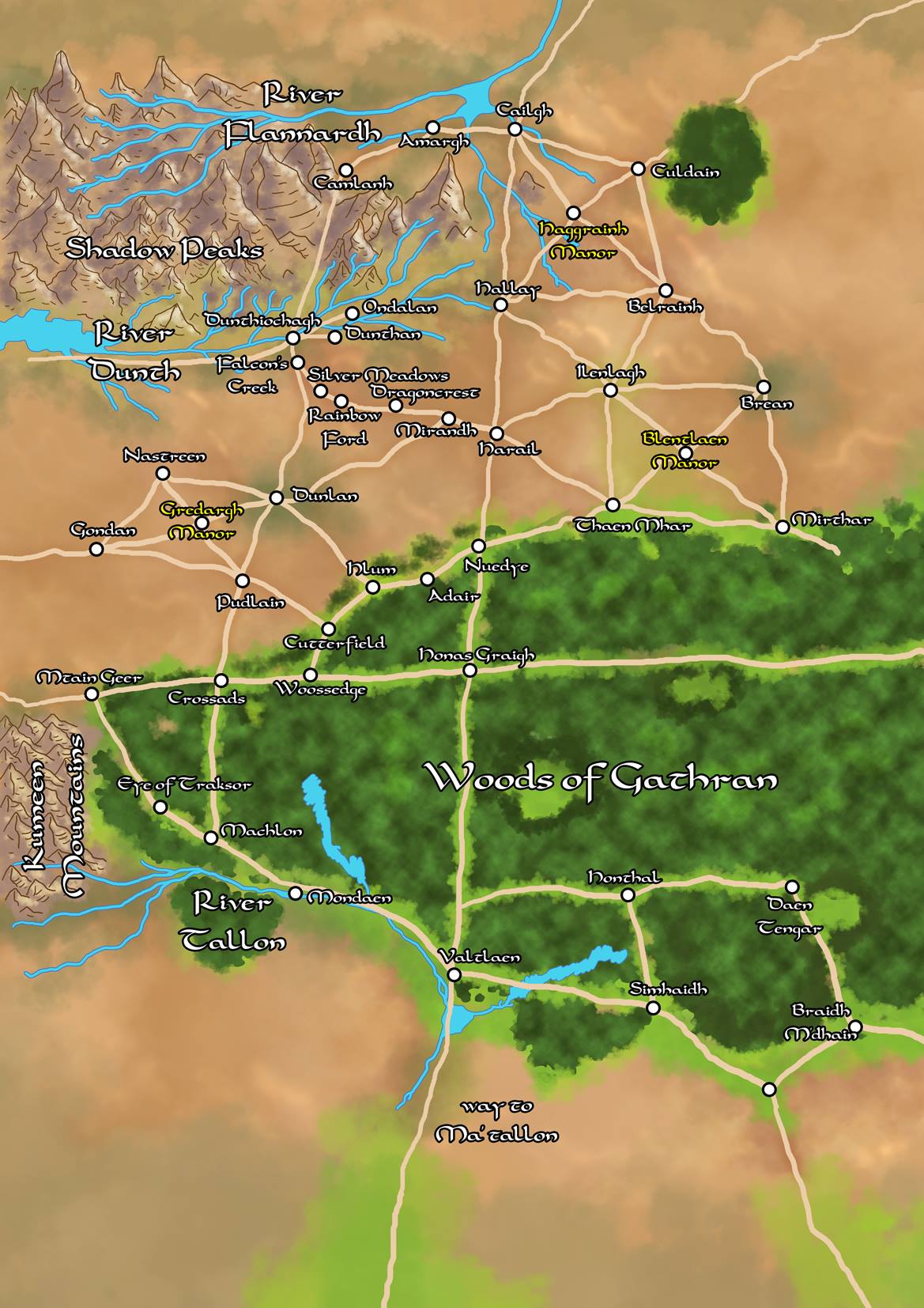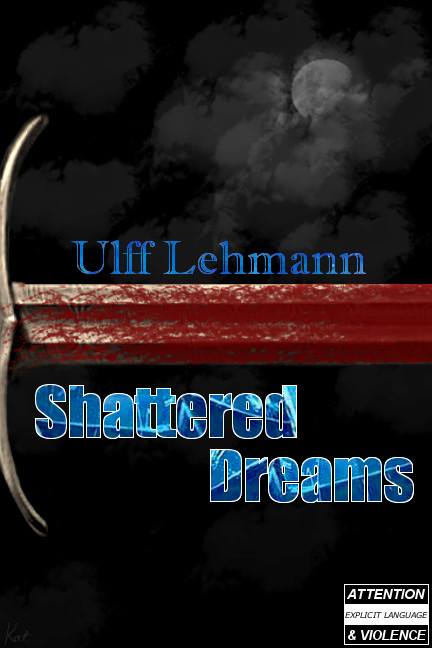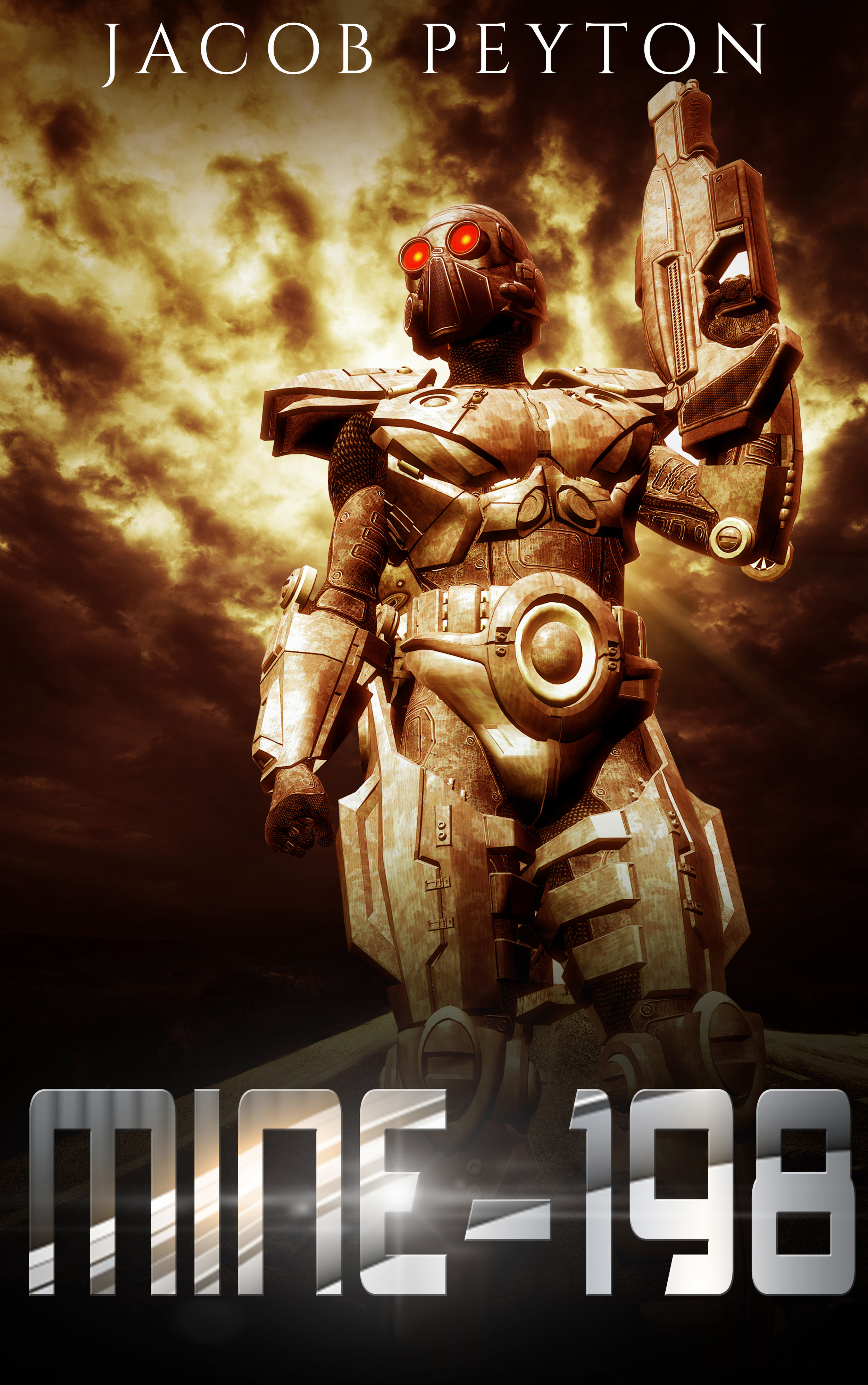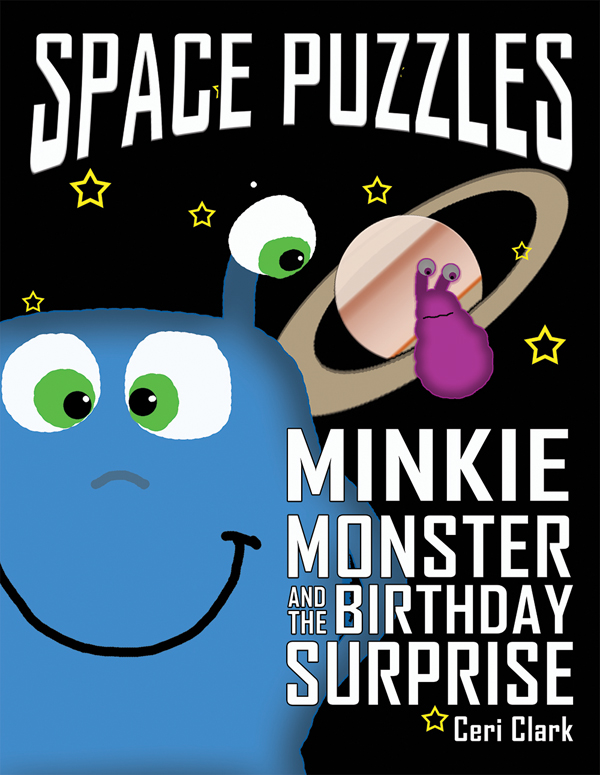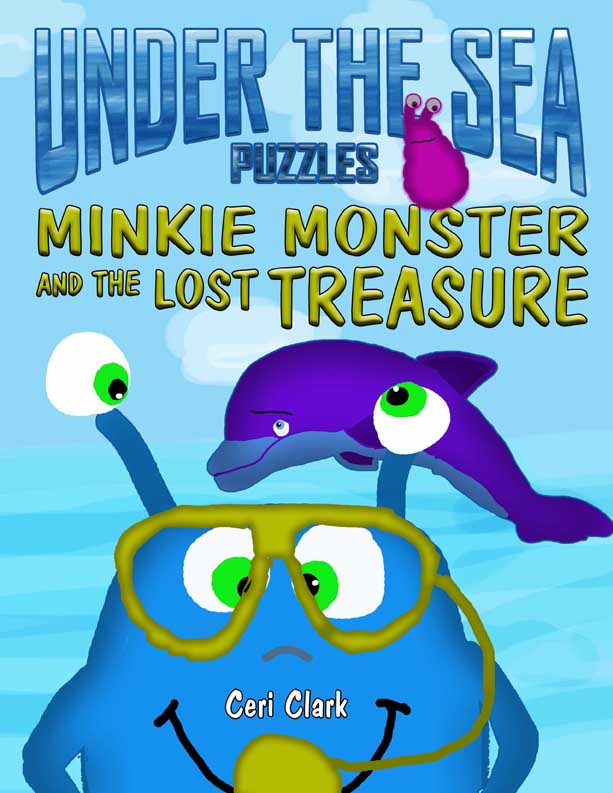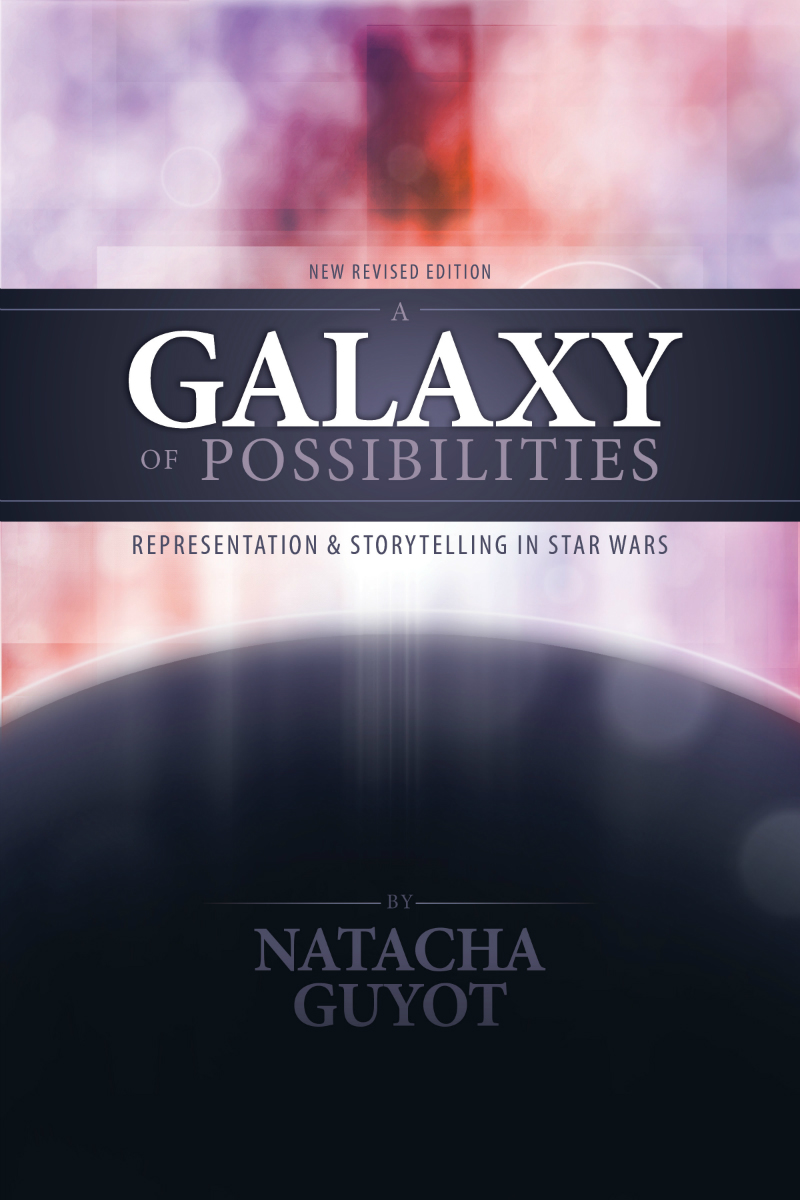NOTE: THIS AUTHOR IS NOT AN LV BOOK DESIGN CLIENT AND ALL IMAGES WERE PROVIDED BY THE AUTHOR.
- First, can you give us some background about yourself?
- I always wanted to be a writer - I was reading stupidly early, like at 18 months or something ridiculous like that (which my daughter also ended up doing, so maybe it's genetic) - so I knew at about 5 that all I wanted to do was write stories. And so I did. All though school I was writing these short stories and handing them to my English teachers for feedback. In fact, the only time in my life when I didn't write anything was when I was studying Creative Writing at University. I'm not sure what it was, but something about that killed writing for me for several years. Only once I'd shifted my degree from Creative Writing to Philosophy did I start writing again (this time working on novels instead of short stories). But these novels I only shared with my friends and family, I never really sent them out or anything - for me the joy was the writing itself, not the idea of being published. After a while, a friend wanted to write screenplays, and knew I could write, and so roped me into writing screenplays with him, which led to work writing for comedy TV shows. That's been the last decade or so. Writing screenplays and jokes and so on is fun, but really, my greatest love is plain old ink on paper (or, I guess, pixels on screens) - novels and short stories.
- What have you written?
- I've written jokes for TV shows like Good News Week, The Glass House, Room 101 and so on. I've written jokes for live Comedy Debates, for people like Waleed Aly, Paul McDermott, and Barry Humphries. I've co-written a new black comedy series called 'Bruce' (which aired in November). And I've just published a novel called 'Beef', available from Amazon in ebook format or from Lulu in paperback. It's a satirical future romance about infidelity and artificial meat. Eep.
- Are you currently working on anything?
- I'm currently writing a bunch of short stories exploring depression, anxiety, bad decisions, and toxic masculinity. Although I'm primarily known for my gag-smithery and joke-crunching, these short stories are all turning out really unfunny and painful and dark. Some of them are a bit funny, I guess. Um. I guess it's a sign of the times or something, huh - the collective consciousness is pretty down right now, and everything we thought we could kinda lean back on is being interrogated and deconstructed, so maybe I'm just reflecting that? Hard to say. There will be some funny stuff in there too, but so far it's turning out to be painful funny or awkward funny or very very dark funny.
After that, I'll be writing another novel set in the same futuristic world that 'Beef' is set in, focusing on some of the the minor characters in that world and dealing with issues of gender, genderlessness, postgender philosophy, and motherhood. It's tentatively called 'The Postcultural Pregnancy of Sydenham Jones'. Coming soon!
Not really.
Coming eventually!
- How much research do you do for your writing?
- It depends. For the character stuff, I tend to just use my own observations/guesses about people, and my own internal multi-level processing strategies for dealing with the immense complexity of living. Second-guessing and self-analysis, y'know, the fractal iterations of imagined self clashing with the real-time processes of actual functioning. I find living very heavy and confusing, and have been told many times that I think too much / overanalyze stuff, so a lot of characterization comes from the way the game of life is "played" by people in different ways. Um. But yeah, like for the artificial/synthesized meat stuff in 'Beef' I did heaps of research, because I wanted it to be set in the future, which meant that certain things had already happened, and I needed to know what those things were: like, what the current state of synthesized meat is, who's done what already, how they do it, where we're at with real vs fake vs simulacra. And with 'The Post-Cultural Pregnancy of Sydenham Jones', I've been reading pretty heavily about gender and gender politics and post-gender philosophies for a couple of years now, because the character Syd has pretty much got to be across all of this stuff, and I don't want to look like a lightweight. Plus, to be honest, I'm deeply interested in all this sort of gender stuff already, being a very atypical specimen of manhood in almost every way - so I guess, in a sense, the research often pre-dates the fictionalization, or at least, it's a pretty circular situation, where I'm interested in something so I'll read a lot about it, which will lead to a story, which leads to more research etc. Um.
So yes. Some. I do whatever research I think is needed to make it a more honest and believable story. - What is your process like in the midst of writing a book?
- I hunker. I tend to write best with heavy immersion. I have a studio/nest/room downstairs that I lock myself in and just try to get lost in the world I'm creating. I can write in other places, of course, but the Stooge (short for "Studio") is my little dank burrow where I can hunker down and lose myself.
Apparently I look different after a day of solid fiction-writing. Apparently I buzz. - What does your routine look like when you get to the editing process?
- I'm a very reluctant editor. I am the kind of person who edits and re-edits every sentence a dozen times before I move on to the next (I do find it slightly weird that, as a society that tends to generally work in base ten, us metric-system-using peeps still use the 'dozen' as a concept. Old habits die hard, I guess). So when it comes to a massive proper full-blown revision edit, I'm always a little 'meh'. That said, having worked on screenplays and so on for so long now, I am also pretty robust when it comes to losing huge chunks of things I absolutely love, so as well as being initially reluctant, I'm also pretty harsh with myself when I actually get into it. The first draft of 'Beef' was all written in a particular past participle way ("and so he'd gone to the shops and had bought a packet of" etc) which I found wasn't working, so I had to go through the whole thing and change every single sentence to the right tense. Arrgh! There were also several sections which were just lists of terrible band names, which actually survived until the last draft, when I decided that all the terribleness was actually increasing the bad-to-good ratio of the book, so I killed 'em. So it can take me a while, but in the end I'm okay with killing things I love if it makes it a better book. (Then of course I get into the relativist quagmire of knowing, on a very conscious level, that 'better' is a culturally-created concept that doesn't actually mean anything, and that some people's 'better' is my 'worse' and vice versa, and that some people actually really love things because they break the mould of 'better' or sidestep 'quality' altogether, and then I start second-guessing myself and then just have to give up and hope that someone likes what I've done because that's it I'm never touching that damn thing again ever.)
- Do you have any quirks or rituals that help you achieve your writing goals?
- Probably. But to me they're perfectly normal behavior, so go unnoticed.
As far as I'm concerned, I'm a very normal person. It's just everyone else that's quirky and undecipherable and irrational and were told the rules of the game and when to start playing. Eep.
- Tell us about your work space.
- It's like a dungeon, only instead of restraint and torment, it's all about joy and creativity.
It's dark. Really dark. There's a small circular window. I sit in a cushy reclining chair that was found on the side of the road. I write on an old second hand computer that was well outdated by the time I got my hands on it, which was several decades ago.
The walls are pale green and white and moss-coloured drips overlayed in splashy patterns (I went full Pollock with the paint job, was heaps of fun); the ceiling is a dank drain-coloured brown. The whole vibe is like mossy-cave-meets-industrial-sewage-outlet. I'm surrounded by instruments and artworks and CDs and junk. It's cosy and alienating all at once. I don't have the internet down there. It's perfect.
I was actually interviewed about The Stooge for a podcast, it's listenable here:
http://therightspaceshow.com/#/mat-blackwell/ - Are there any software or apps that help you in your writing process?
- Um. Word, mostly.
- What do you do when you lose focus? Any tips for getting it back?
- I find that I get a lot of excellent ideas/strategies when I wash dishes, or when I lie down to go to sleep. So either of those things can help. Having a shower can help. I guess the thing these activities have in common is being in a non-stimulating place where I'm immobile but kinda staring off into space; where I'm not trying to think, but am just allowed to drift off into that Place where Good Ideas live. When I was a kid, I'd always get amazing ideas while walking the dog - I guess that's a similar kinda thing. No trying, just being. Interesting. Hmm.
- Tell us about your publishing process.
- I started off trying the traditional publishing route, but I was getting more and more frustrated with it: it'd constantly be this case of being told you can only send it to one publisher at a time, and then having to wait for several months, for them to finally come back with a "Mat, we love your work, but it's not suitable for us at this time". It wasn't like the rejections were soul-crushing or anything, they were actually really personal and positive and made me feel good (because I was kinda expecting sterile automated rejections, rather than these actually quite human responses) - it was that I could only really get two or three done a year because of the several-months-waiting thing combined with the you-can-only-send-it-to-one-publisher-at-a-time thing. I realised that if I was expecting 50 rejections or whatever before someone picked it up, that'd be a decade or something of just waiting, and I just couldn't take it anymore. Especially because 'Beef' is ostensibly set in the future, and it felt like, as I was waiting patiently for the next (very kind and supportive) rejection letter, that the future was coming faster and faster. Every day I'd read some new article about synthesised meat, and I'd be like really scared that the real world was catching up to the world I'd imagined, with me being left behind. So I really just wanted to "get it out there", so it would still be "futuristic".
Plus I'd been reading all this dire stuff about how "the traditional printing industry is dead" etc, and how "self-publishing is the future" etc. It just seemed like the way to go, at least for 'Beef'.
Plus plus I was also reading all this stuff about how publishing houses nowadays want you to promote yourself anyway - in my mind, that's what I needed a publisher for, to push me into people's faces, instead of me having to do all that self-promotion stuff: if I was going to have to do all that stuff anyway, well, I might as well self-publish.
(Plus plus plus I'm a mad rampant megalomaniac, and wanted to do my own artwork and control everything and not have other people editing my work and etc.)
So yeah. Self-publishing has been awesome. Not selling heaps, but honestly more than I thought I would. And I've been getting the best reviews ever, people are saying the nicest things - one reader recently told me that 'Beef' has "one of the most enjoyable writing styles I've probably ever experienced in a novel because of the real life way you write" - how nice is that? I'm actually really really stoked. And I love that, instead of my book being stuck in limbo waiting for experts to bestow their approval on it (or, more likely, their kindly-expressed rejection), my book is in people's hands, being read. That's the best bit of all. - Where can people find you and your work?
- BEEF:
futuristic ebook version:
https://www.amazon.com/dp/B01G3M9MWA
paperback:
http://www.lulu.com/shop/http://www.lulu.com/shop/mat-blackwell/beef/paperback/product-22812158.html
facehook:
https://www.facebook.com/beefthenovel/
MY BLOG:
http://matblackwell.blogspot.com.au/






